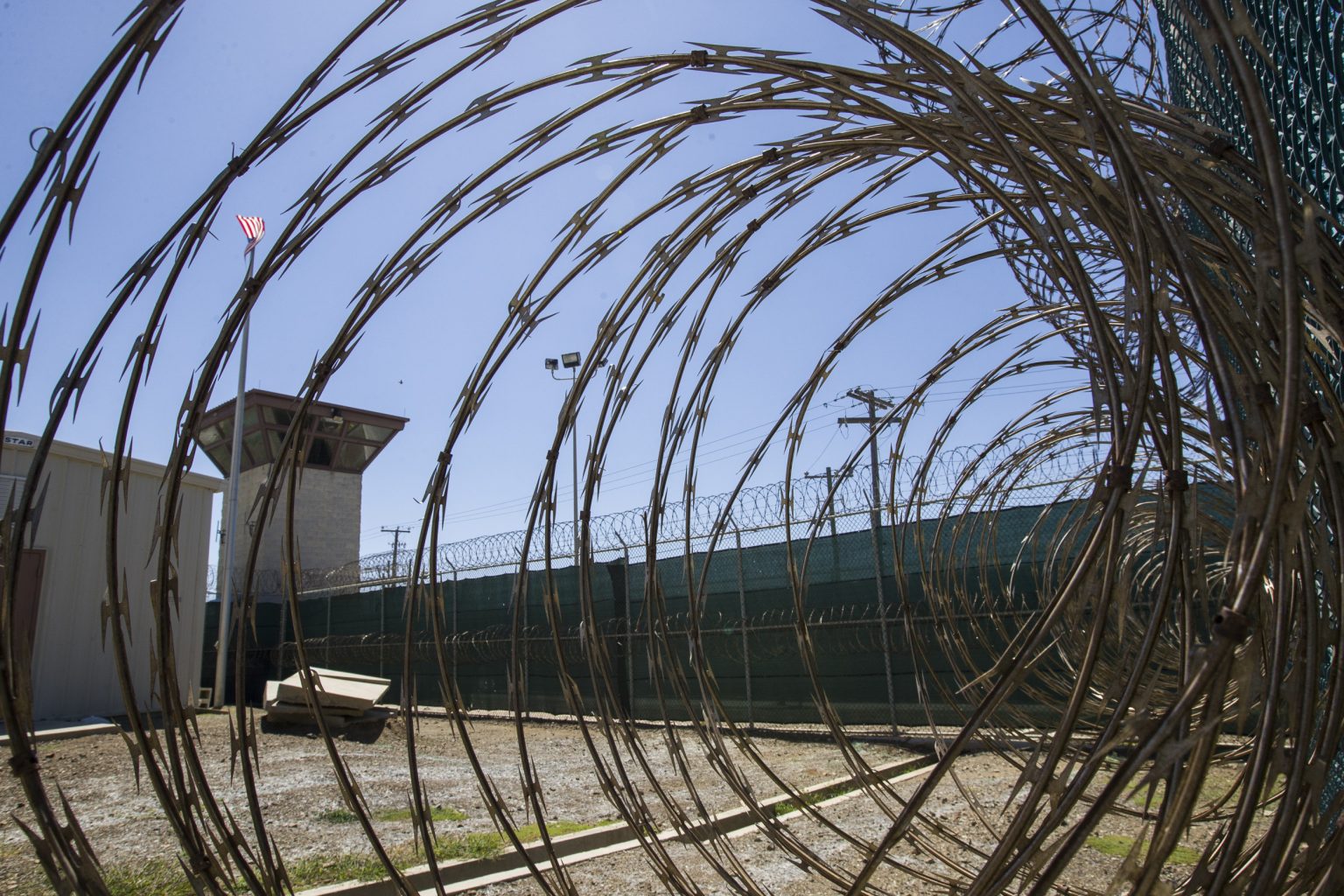The recent transfer of 11 Yemeni detainees from the Guantánamo Bay detention facility to Oman marks a significant step towards the Biden administration’s goal of reducing the prison population and potentially closing the controversial facility before the end of President Biden’s term. This transfer, facilitated through diplomatic efforts and Oman’s willingness to accept the detainees, underscores the complex challenges associated with repatriating or resettling individuals held for extended periods without charge, particularly those hailing from conflict zones like Yemen. The move has been lauded by human rights organizations and some lawmakers who have long advocated for the closure of Guantánamo or the release of detainees who have never been formally accused of crimes. With the detainee population now at its lowest since 2002, the transfer highlights the ongoing debate surrounding the future of Guantánamo and the legal and ethical implications of indefinite detention.
Guantánamo Bay’s history as a detention center dates back to the aftermath of the September 11th attacks and the subsequent “war on terror” initiated by the Bush administration. Established in 2002, the facility became a focal point for the detention of individuals suspected of terrorism, predominantly Muslim men captured during U.S. military operations in Afghanistan, Iraq, and other locations. At its peak, Guantánamo housed approximately 800 detainees, raising concerns about human rights violations, due process, and the legal framework governing their detention. The prolonged incarceration of individuals without charge or trial fueled international criticism and legal challenges, prompting successive U.S. administrations to grapple with the legacy of Guantánamo and the complex task of determining the fate of the remaining detainees.
The release of these 11 Yemeni detainees, many of whom had endured years of confinement without facing formal charges, highlights the intricate process of securing their transfer. The ongoing conflict in Yemen, where the capital is controlled by the Houthi militant group, further complicated repatriation efforts, making resettlement in a third country like Oman a more viable option. Oman, a key U.S. ally in the region, has played a significant role in previous detainee transfers, having accepted approximately 30 individuals from Guantánamo since its inception as a detention facility. The Sultanate’s willingness to provide refuge for these detainees demonstrates its commitment to humanitarian principles and its cooperative relationship with the United States. However, the Omani government’s decision not to publicly acknowledge the recent transfer reflects the sensitive nature of these operations and the potential political ramifications within the region.
Among the released detainees is Shaqawi al Hajj, who gained prominence for his repeated hunger strikes and hospitalizations at Guantánamo, protesting his 21 years of imprisonment without charge. Hajj’s case, along with others, underscores the psychological toll of prolonged detention and the desperate measures taken by some detainees to highlight their predicament. Prior to his transfer to Guantánamo, Hajj endured two years of detention and alleged torture by the CIA, further complicating his legal status and raising concerns about the treatment of detainees in U.S. custody. The release of individuals like Hajj represents a victory for human rights advocates who have tirelessly campaigned for their freedom and a re-evaluation of the legal and ethical framework governing Guantánamo.
The transfer of these 11 detainees has been met with mixed reactions. While human rights organizations and legal experts celebrate the reduction in the Guantánamo population, some express concerns about the continued detention of other individuals, including those charged with terrorism-related offenses. Cliff Sloan, a former Guantánamo closure envoy during the Obama administration, described the transfer as a “significant milestone” while acknowledging the need for further action. George M. Clarke, a lawyer representing two of the released detainees, highlighted the importance of resettlement in a culturally compatible environment like Oman, where former detainees are afforded reasonable freedom and opportunities for integration into society. Clarke emphasized the detainees’ desire to rebuild their lives, pursue education, establish families, and contribute positively to their new communities.
The future of the remaining 15 detainees at Guantánamo remains uncertain. Six individuals continue to be held without charge, while two have been convicted and sentenced, and seven face charges related to significant terrorist attacks, including the 9/11 attacks, the USS Cole bombing, and the 2002 Bali bombings. The legal proceedings for these individuals are complex and protracted, raising questions about the appropriate forum for their trials and the admissibility of evidence obtained through potentially coercive methods. The Biden administration faces the ongoing challenge of navigating the legal and political complexities surrounding Guantánamo, balancing national security concerns with the imperative to uphold human rights and due process. The ultimate fate of the remaining detainees and the possibility of finally closing the Guantánamo Bay detention facility will continue to be a subject of intense debate and scrutiny in the coming months and years.

